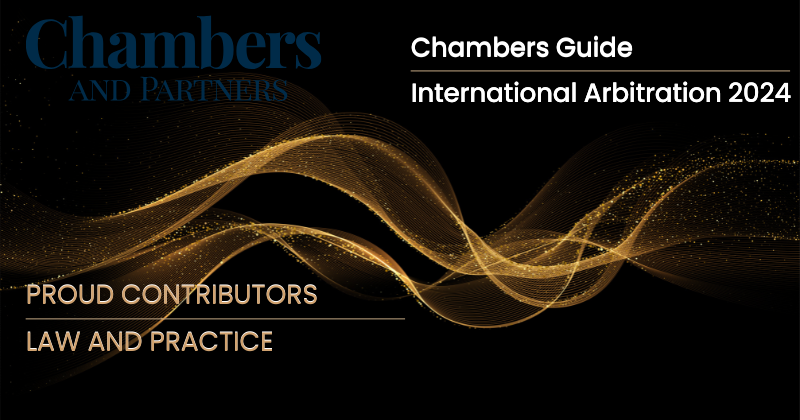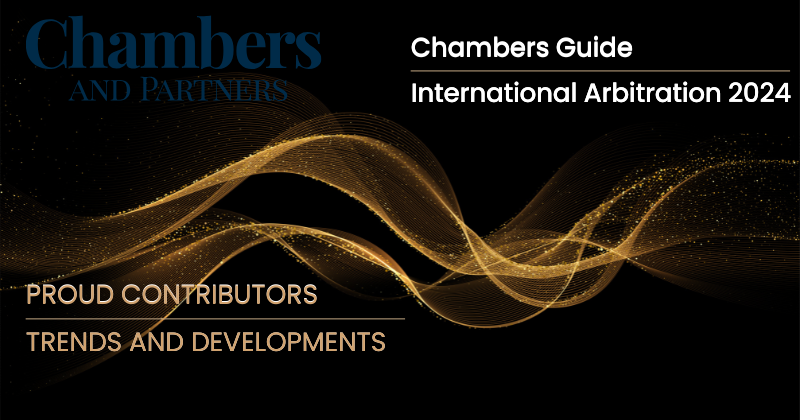The key objective of the EPR Regulations is to provide for extended producer responsibility in respect all products and packaging and in all phases of their life cycle so as to enhance environmental sustainability. This is achieved through reduction of pollution and environmental degradation; sustainable use of natural resources; promotion of circular economy; reduction of waste at the source; promotion of environmentally friendly product design and promotion of a culture of environmental consciousness and responsibility.
Salient Features of the EPR Regulations
- Extended Producer Responsibility Obligations
Part II of the EPR Regulations provides that every producer is required to bear EPR obligations to reduce pollution and environmental impacts of the products that they introduce to the market.
Producers may fulfil the obligations through Collective EPR Schemes, Individual EPR Compliance Schemes or they may transfer their individual responsibility to Collective EPR Schemes.
- Producer Responsibility Organization
PROs shall be responsible for executing EPR obligations on behalf of members (comprising producers). Further, they shall take the organizational and management responsibility for collection, sorting, material recovery, recycling, treatment, and end life management of its members products.
The EPR Regulations, further provide that there should be only one PRO per product in the market.
- Formulation of an EPR Plan
Both individual and collective EPR Compliance Schemes are required to submit a two-year working EPR plan to the Authority. The EPR plan should contain amongst others, minimum targets for reuse, recycling, or recovery operations; collection, logistics, recycling and composting systems and end of life disposal; public awareness and consumer education information program on waste segregation and proper handling of post-consumer products; annual reporting mechanisms; training and capacity building of members; financing models for the Scheme and any other actions necessary for execution.
- EPR Schemes and Waste Management Services
Constitutionally, waste management services are a function devolved to County Governments. The EPR Regulations therefore provide that PROs may collaborate with County Governments through Public Private Partnerships (“PPPs”), for the purposes of establishing and operationalizing collection, take-back, disposal and setting up material recovery and sustainable waste management facilities.
The import of the EPR Regulations is to incentivize producers to promote product designs for the environment and support the achievement of public recycling and materials management goals.
Stakeholders should take the necessary steps to comply with the provisions of the of the EPR Regulations and plan accordingly for the necessary costs associated therewith. Wilful failure to comply with the provisions of the EPR Regulations is an offence and may attract penalties on the non-compliant producers.
Please click here to download the alert.
The content of this alert is for general information purposes and should not be relied upon without seeking specific legal advice on the matter. If you have any queries or need clarifications, please do not hesitate to contact Pamella Ager ([email protected]), and Anna Kandu ([email protected] ) or your usual contact at our firm for legal advice relating to the EPR Regulations and how the same might affect you.





